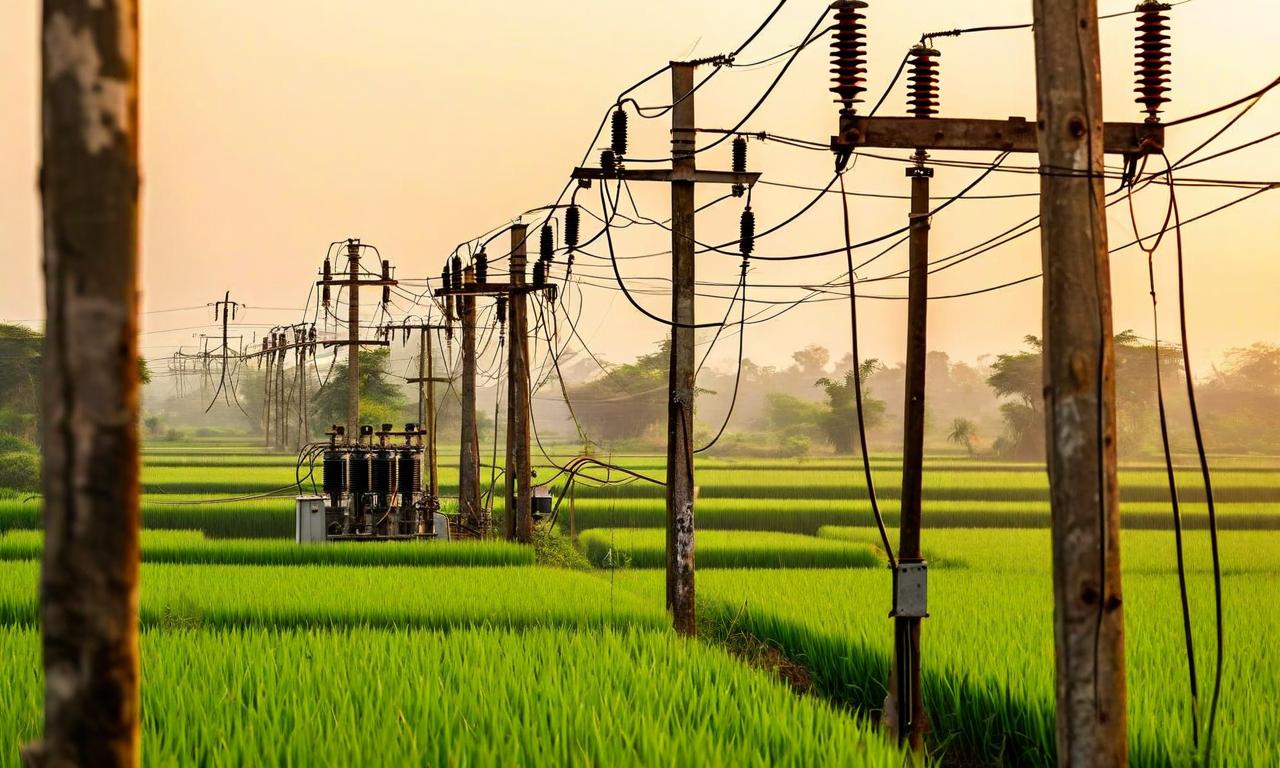India Explores US as Potential Alternative to Russian Supplies
An Indian government source reveals that India is exploring the possibility of replacing some Russian supplies with increased procurement from the United States in areas where substitution is feasible. This potential shift could impact India's long-standing trade relationships and signal a realignment in its international trade partnerships.

*this image is generated using AI for illustrative purposes only.
An Indian government source has indicated that India is considering the United States as a potential alternative to Russian supplies in certain areas. This move could mark a shift in India's procurement strategy, potentially impacting its long-standing trade relationships.
Key Points
- India is exploring the possibility of replacing some Russian supplies with increased procurement from the United States.
- The consideration is limited to areas where such a substitution is feasible.
- This development could signal a potential realignment in India's international trade partnerships.
Implications
This potential shift in India's procurement strategy could have several implications:
Geopolitical Realignment
A move towards increased trade with the US might indicate a strategic realignment in India's international relations.
Economic Impact
Changes in procurement sources may affect trade balances and economic ties between India, Russia, and the US.
Supply Chain Dynamics
Industries relying on Russian supplies might need to adapt to new sourcing strategies if this shift materializes.
Diplomatic Relations
This consideration could influence diplomatic ties between India and both Russia and the US.
Contextual Factors
While the specific areas of potential substitution are not detailed, this development comes amid a complex global geopolitical landscape. Factors that might be influencing this consideration include:
- Ongoing global tensions and sanctions affecting international trade
- India's efforts to diversify its supply chains
- Potential changes in the quality, pricing, or reliability of supplies from different sources
It's important to note that this information comes from an unnamed government source and represents a consideration rather than a confirmed policy change. The feasibility and extent of any such shift would likely depend on various economic, logistical, and political factors.
As this situation develops, it will be crucial to monitor official statements and policy decisions from the Indian government to understand the full implications of this potential shift in procurement strategy.





























